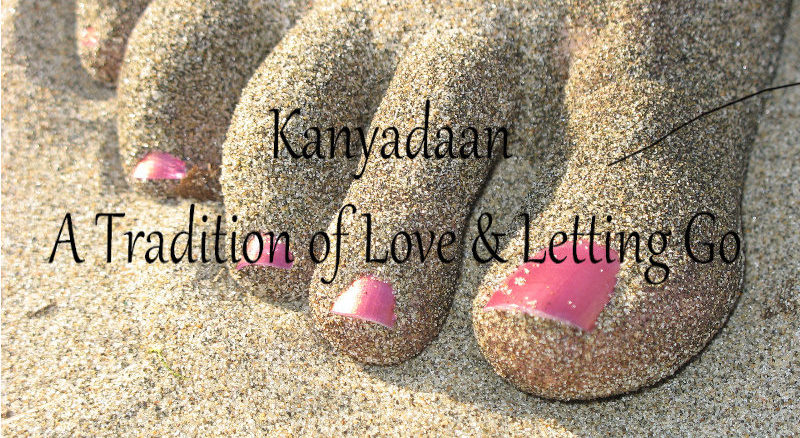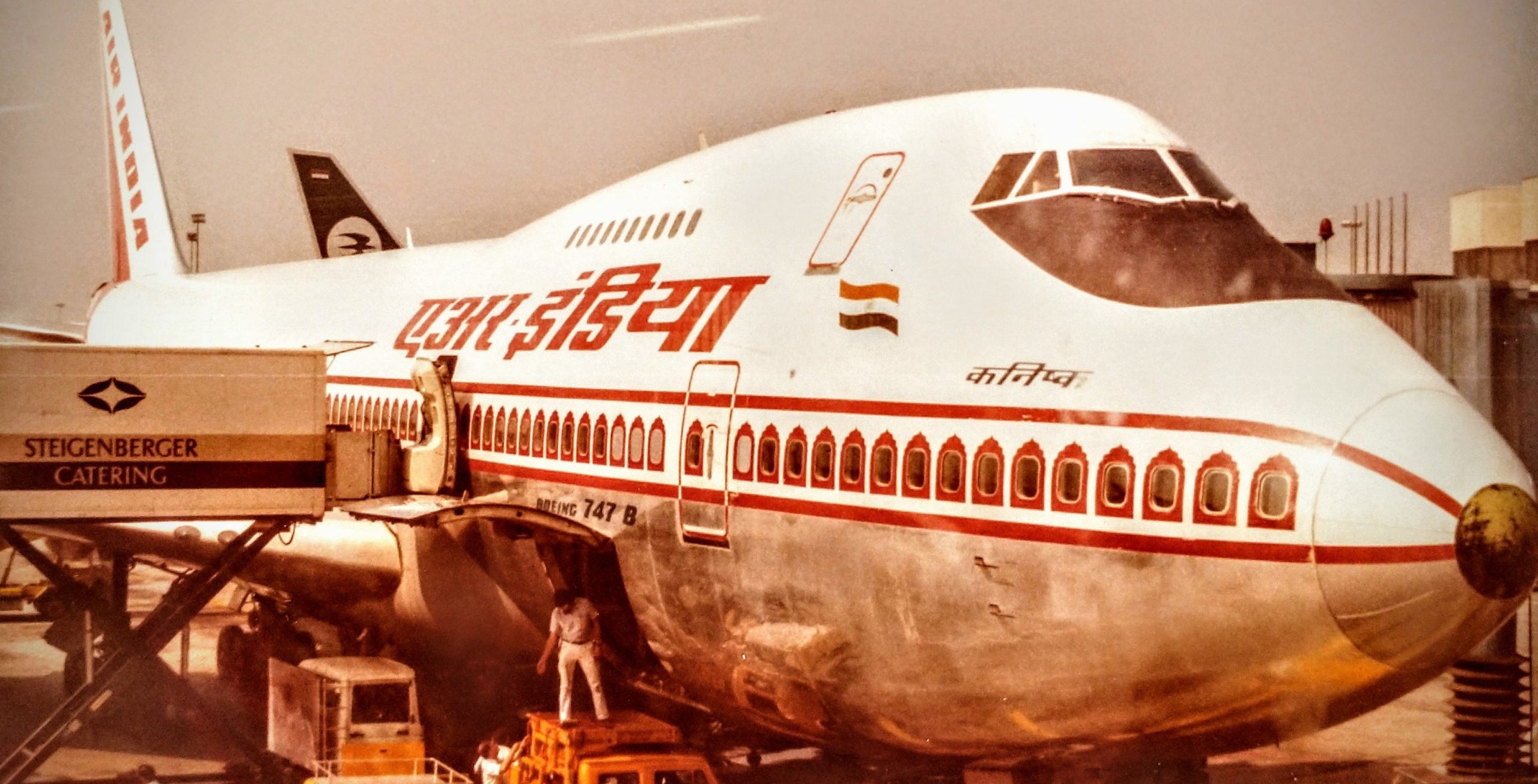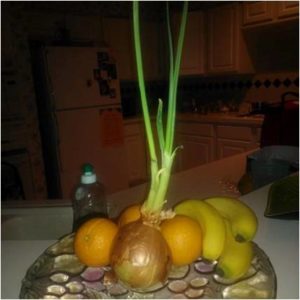
The Hindu marriage ritual of Kanyadaan was portrayed in a recent garment ad as regressive and rooted in patriarchy. In a previous article we addressed the root of this debate – mis-translation of word meaning and misinterpretation of its symbolism. Next we look closer at what bothers some women. What is wrong with Kanyadaan? What does need change?

Without being facetious, being born is patriarchy. A little biology only to clarify the point. The father’s chromosome determines the sex of the child. A Y-chromosome from the father conceives a male child. On the other hand, an X-chromosome from the father gives birth to a female child. The mother can only contribute an X-chromosome, one of two needed for conception.
Do we resent this inequality? No. We celebrate the differences. We recognize how essential and complimentary this difference, this patriarchy, is to creation & sustenance of life itself.
Patriarchy, by itself, cannot be the issue with Kanyadaan.
Clearly, it is just a label! But the label betrays a sense of resentment, misplaced as it is, at the unfortunate reality of an imbalance in male-female power-structures within the society. This imbalance continues to find patronage in a variety of ways: distinct rules of behavior, social limits to engagement in society, (e.g. education, economic pursuits etc), ineligibility for certain roles and functions, society’s attitudes towards sexual violence. These are matters of daily import for us all, especially for those who bear the brunt. These need correction and urgently.
Sadly, these develop in all societies, and India is no exception. However, the realities of female experience today must be seen as a social distortion, not a product of the Universalist worldview of Hindu thought, to help us reach meaningful solutions.

Hindu philosophical paradigm considers female energy as an equal and complimentary part of the male energy in one whole – a la Ardh-Nareeshwar. It dares to imagine God in male-female pairs – Radha Krishna, Sita Ram, Uma-Mahesh etc. It is the only religion that recognizes a female aspect of God – Shakti. Can such a philosophy really be the source of any demeaning tradition that treats women as inferior or subservient? Hardly so!
Ritual helps encapsulate such enlightened philosophy into practice, and helps pass it down the generations. It is imperative to decode it accurately so we do not loose the wisdom they contain. We must look for causes of power imbalance between sexes outside of Kanyadaan, if we are to find meaningful solutions.
Kanyadaan is based on love… dismissing it as Hindu ‘patriarchy’ is inappropriate. But it is also true that many girls feel hurt; it’s a reality to be acknowledged with empathy. While respecting our rituals for their real meaning and message, the sense of hurt that many women feel deserve our consideration.
Today, hearing loosely-worded statements like “she’s not your daughter anymore” or “you’re giving her away to the groom” can be hurtful. In the old days when transport from one village to another was difficult or non-existent, it

may have been the reality of marriage for the woman and her family. In that circumstance these words may have even helped the girl’s parents to let her go, and for the girl to accept the finality of the change.
Any premise that the girl, while joining another family, must cut all connection with parents or family is not supported by tradition. Shortly after marriage traditionally the girl would return to her parental home for a visit with her family. So statements made in this vein are distortions of the original.
There is room for improvement on what is said, how it is said and, most importantly, in educating ourselves about the source, symbolism and purpose of Kanyadaan. For that, read ‘Kanyadaan is Kanyamaan‘





